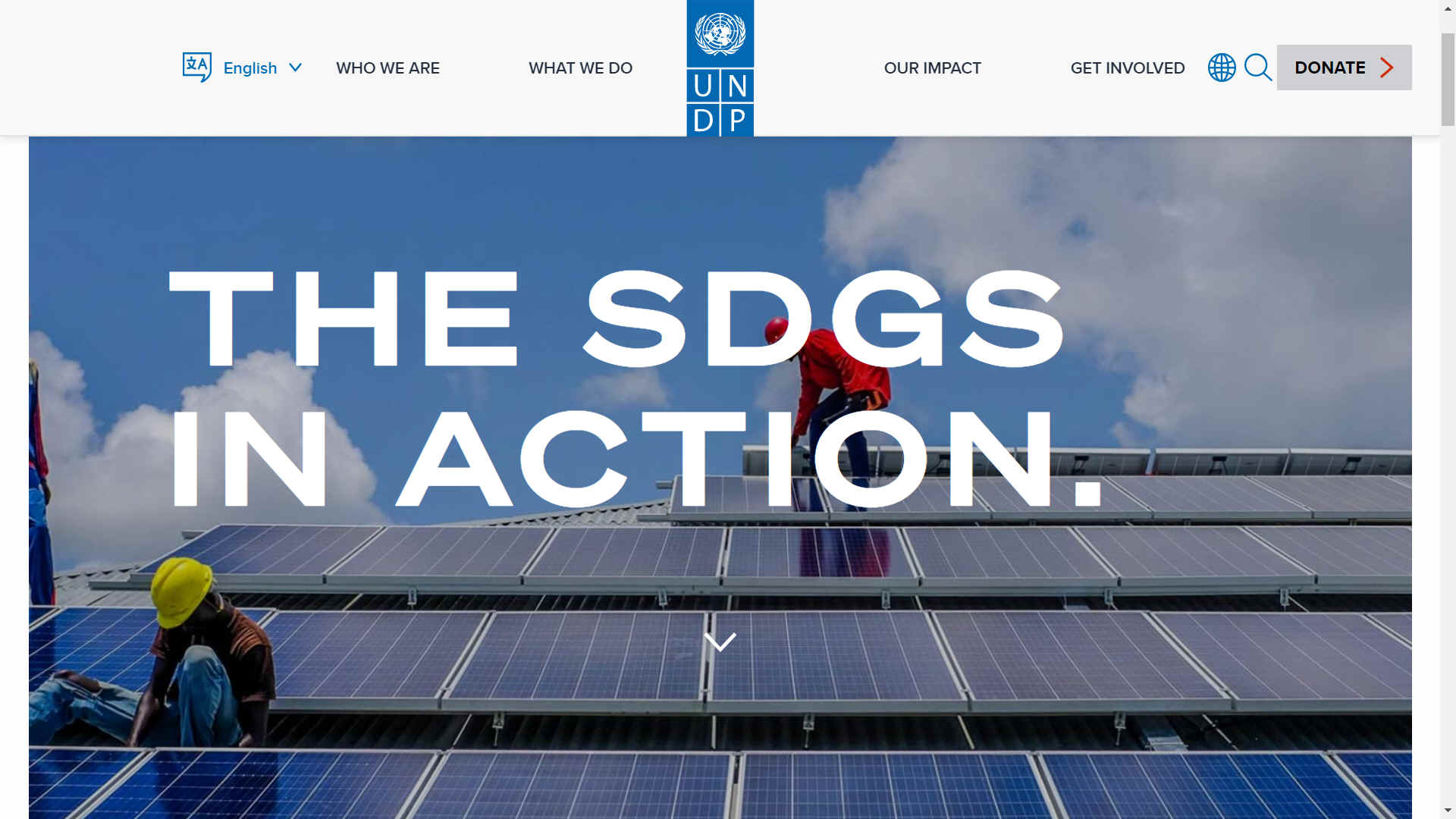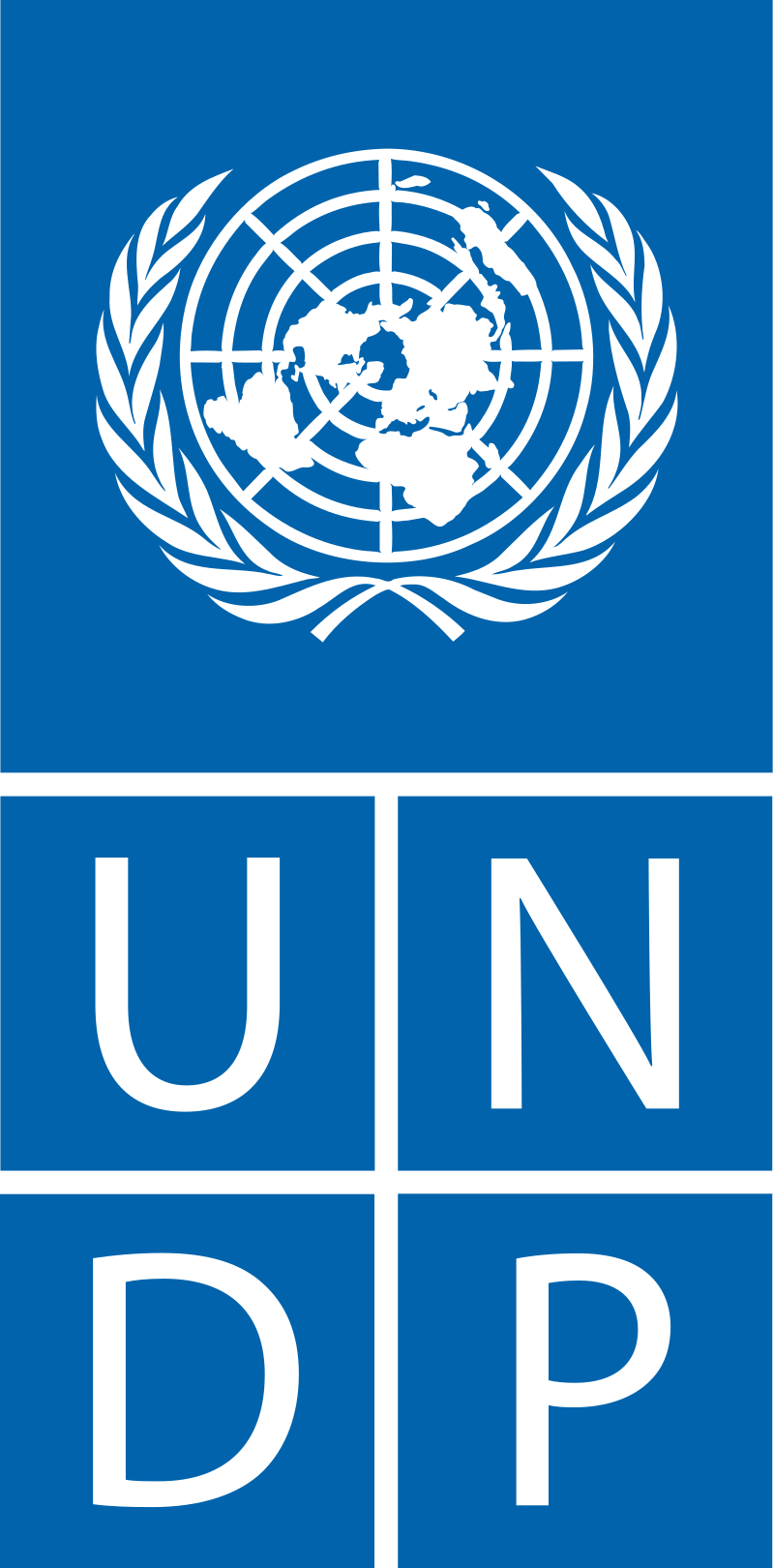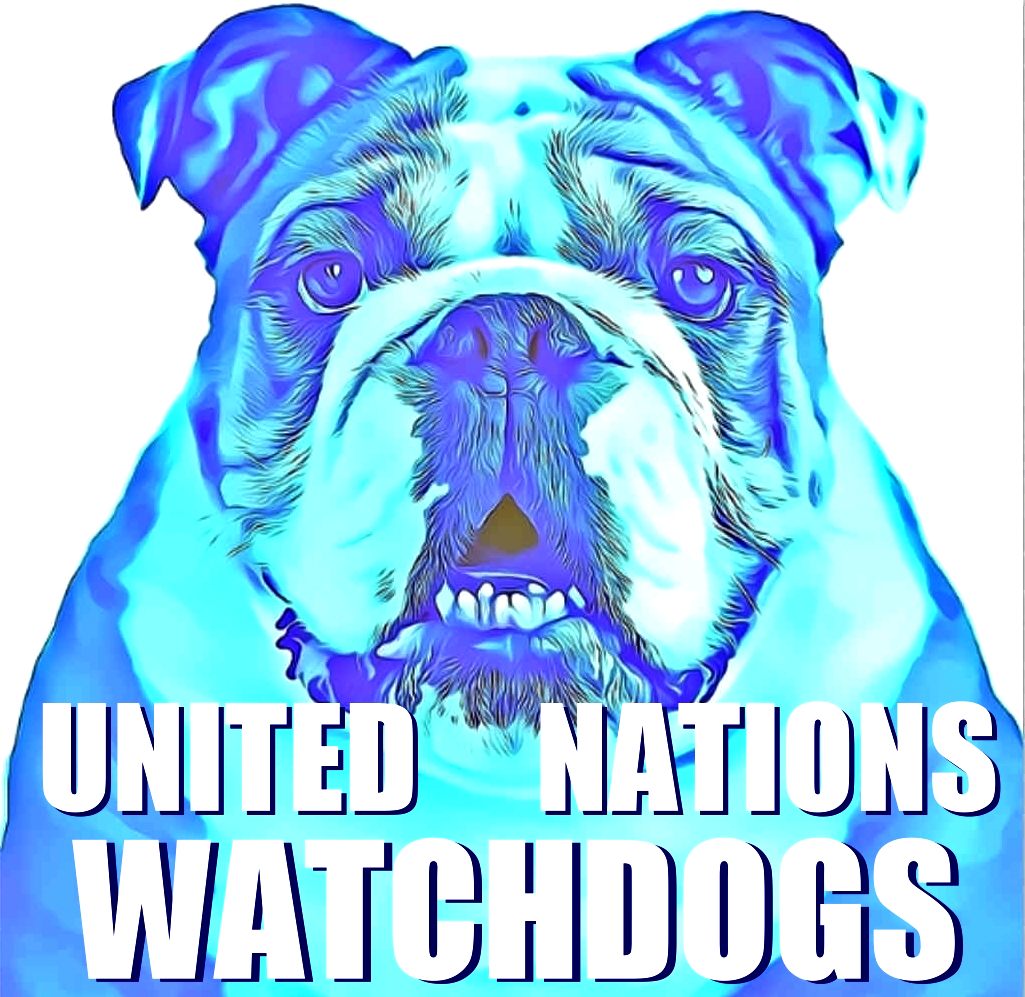
The United Nations Development Programme (UNDP) is a
United Nations organization tasked with helping countries eliminate poverty and achieve sustainable
economic growth and human development. Headquartered in New York City, it is the largest UN development aid agency, with offices in 170 countries.
The UNDP emphasizes developing local capacity towards long-term self-sufficiency and prosperity. It administers projects to attract investment, technical training, and technological development, and provides experts to help build legal and political institutions and expand the private sector. Assistance is provided at the request of national governments, and UNDP personnel frequently coordinate with local officials, nongovernmental organizations, and other international agencies.
The UNDP operates in 125 counties and is funded entirely by voluntary contributions from UN member states. In addition to meeting national development objectives, its activities increasingly focus on fulfilling the
Sustainable Development Goals (SDGs), such as combating HIV/AIDS,
and lately Covid
19, and ensuring environmentally sustainable development. The UNDP is governed by a 36-member executive board overseen by an administrator, who is third-highest ranking UN official after the
Secretary-General and Deputy Secretary-General.
POVERTY REDUCTION
UNDP helps countries develop strategies to combat poverty by expanding access to economic opportunities and resources, linking poverty programmes with countries’ larger goals and policies, and ensuring a greater voice for the poor. It also works at the macro level to reform trade, encourage debt relief and foreign investment, and ensure the poorest of the poor benefit from globalisation. On the ground, UNDP sponsors developmental pilot projects, promotes the role of women in development, and coordinates efforts between governments, NGOs, and outside donors. In this way, UNDP works with local leaders and governments to provide opportunities for impoverished people to create businesses and improve their economic condition.
The UNDP united nation development programme International Policy Centre for Inclusive Growth (IPC-IG) in Brasília, Brazil, expands the capacities of developing countries to design, implement and evaluate socially inclusive development projects. IPC-IG is a global forum for South-South policy dialogue and learning, having worked with more than 7,000 officials from more than 50 countries.
A 2013 evaluation of the UNDP's poverty reduction efforts states that the UNDP has effectively supported national efforts to reduce poverty, by helping governments make policy changes that benefit the poor. Nevertheless, the same evaluation also states there is a strong need for better measurement and monitoring of the impacts of the UNDP's work. The UNDP's Strategic Plan from 2014 to 2017 incorporates the recommendations of this poverty evaluation.
In
the UK, policy apathy and state
acceptance of fraudulent money laundering, has led to a generation of financial
slaves, following Margaret
Thatcher's business model for Conservative
exploitation of the working classes, exemplified by the Poll
Tax.
CRISIS PREVENTION & RECOVERY
UNDP works to reduce the risk of armed conflicts or disasters, and promote early recovery after crisis have occurred. UNDP works through its country offices to support local government in needs assessment, capacity development, coordinated planning, and policy and standard setting.
Examples of UNDP risk reduction programmes include efforts to control small arms proliferation, strategies to reduce the impact of natural disasters, and programmes to encourage use of diplomacy and prevent violence. Recovery programmes include disarmament, demobilization and reintegration of ex-combatants,
de-mining efforts, programmes to reintegrate displaced persons, restoration of basic services, and transitional justice systems for countries recovering from warfare.
Following the suspension of most foreign aid to Afghanistan due to its takeover by the Taliban, the UNDP took responsibility for funding most essential health services in the country, including the salaries of over
2,500 health care professionals. This was observed as being outside the organization's usual development activities, and was facilitated by special licensing by the
United States government.
ENVIRONMENT & ENERGY
As the poor are disproportionately affected by environmental degradation and lack of access to clean, affordable water, sanitation, and energy services, UNDP seeks to address environmental issues in order to improve developing countries’ abilities to develop sustainably, increase human development and reduce poverty. UNDP works with countries to strengthen their capacity to address global environmental issues by providing innovative policy advice and linking partners through environmentally sensitive development projects that help poor people build sustainable livelihoods.
UNDP's environmental strategy focuses on effective water governance including access to water supply and sanitation, access to sustainable energy services, Sustainable land management to combat desertification and land degradation, conservation and sustainable use of
biodiversity, and policies to control emissions of harmful pollutants and ozone-depleting substances. UNDP's Equator Initiative office biennially offers the Equator Prize to recognize outstanding indigenous community efforts to reduce poverty through the conservation and sustainable use of biodiversity, and thus making local contributions to achieving the Sustainable Development Goals (SDGs).
Between 1996 and 1998, the UNDP sponsored the deployment of 45 Multifunction Platforms (MFP) in rural Mali. These installations, driven by a diesel engine, power devices such as pumps, grain mills and appliances. By 2004, the number of MFPs in Mali reached 500.
In 2012 the Biodiversity Finance Initiative (BIOFIN) was established. BIOFIN brings 30 countries together to develop and implement evidence-based finance plans to safeguards biodiversity. BIOFIN has developed an innovative and adaptable methodology to guide countries to analyze the policy and institutional context for biodiversity finance; measure the current biodiversity expenditures; assess future financial needs, and identify the most suitable finance solutions to achieve national biodiversity targets.


